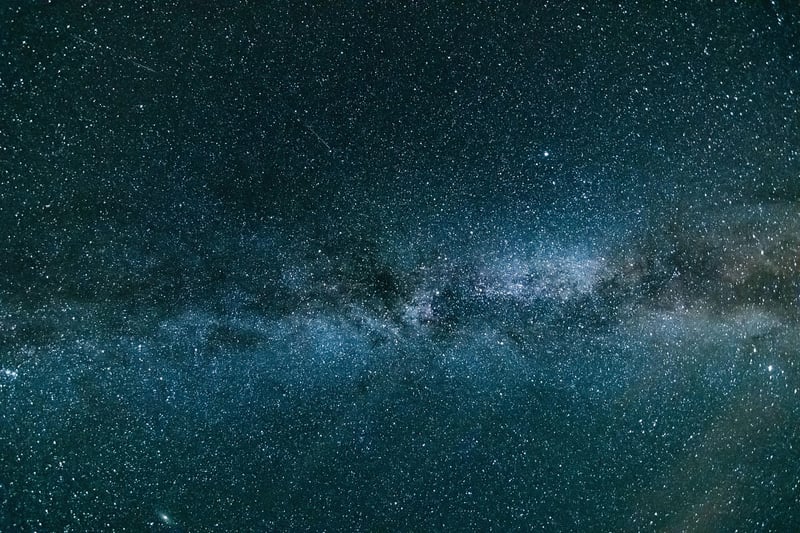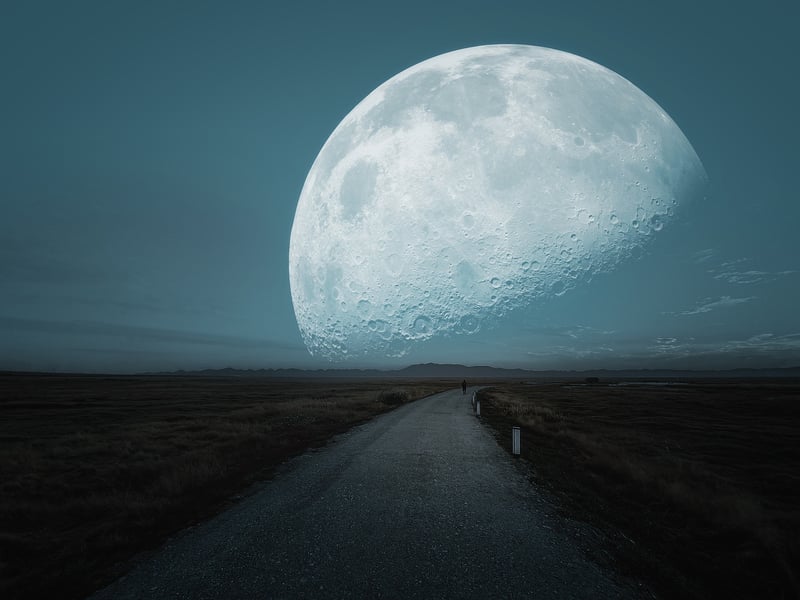Dark matter mysteries
Unlocking the Mysteries of Dark Matter in the Universe

Have you ever looked up at the night sky and wondered about the mysteries that lie beyond? The universe is a vast and mysterious place, filled with wonders that continue to captivate scientists and stargazers alike. Among the most intriguing enigmas is the elusive substance known as dark matter.
What is Dark Matter?
Dark matter is a mysterious, invisible substance that makes up approximately 27% of the universe. Unlike normal matter, which consists of atoms and molecules, dark matter does not interact with light and thus cannot be observed directly. Its presence is inferred from its gravitational effects on visible matter and light.
The Search for Dark Matter
Scientists have been on a quest to unravel the mysteries of dark matter for decades. Various experiments, including underground detectors and particle accelerators, have been conducted in an attempt to detect dark matter particles directly. While indirect evidence of dark matter's existence has been observed, its exact nature and composition remain elusive.
Implications of Dark Matter
The presence of dark matter has profound implications for our understanding of the universe. It plays a crucial role in the formation and evolution of galaxies, influencing their structure and dynamics. Dark matter is also believed to have been instrumental in the formation of large-scale cosmic structures, such as galaxy clusters.
Unraveling the Mysteries
As technology advances and our knowledge of the universe expands, scientists are getting closer to unlocking the secrets of dark matter. New experiments and theoretical models continue to push the boundaries of our understanding, offering hope that one day we may finally unravel the mysteries of this enigmatic substance.
So, the next time you gaze up at the stars, remember that the universe holds countless wonders, including the tantalizing mystery of dark matter.
